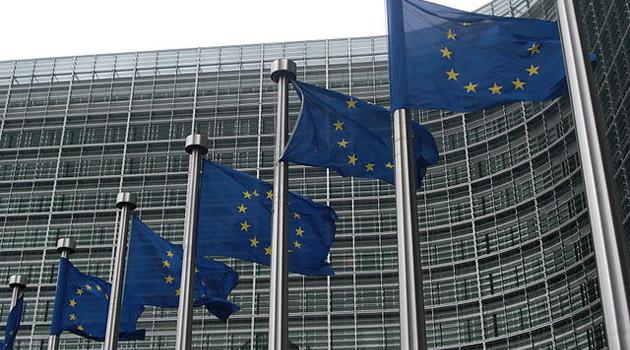European Commission VP Věra Jourová: Not enough was done during the last decade for Roma, the EC is launching a new 10-year plan

Today the European Commission (EC) adopted a new 10-year plan, including a proposal for an EU Council Recommendation, to support Romani people in the EU. There are seven key areas on which the EC believes it is necessary to focus: equality, inclusion, participation, education, employment, health, and housing.
For each area the EC has put forward new targets and recommendations for Member States on how to achieve them. Those recommendations and targets will serve as important tools to monitor progress and ensure that the EU makes more headway in providing the vital support that so many Roma living in the EU still need.
“Simply put, over the last 10 years we have not done enough to support the Roma population in the EU,” said EC Vice-President for Values and Transparency Věra Jourová. “This is inexcusable.”
“Many continue to face discrimination and racism. We cannot accept it. Today we are relaunching our efforts to correct this situation, with clear targets and a renewed commitment to achieve real change over the next decade,” she said.
VIDEO
“For the European Union to become a true Union of Equality we need to ensure that millions of Roma are treated equally, socially included and able to participate in social and political life without exception,” said the Commissioner for Equality, Helena Dalli. “With the targets that we have laid out in the Strategic Framework today, we expect to make real progress by 2030 towards a Europe in which Roma are celebrated as part of our … diversity, take part in our societies and have all the opportunities to fully contribute to and benefit from political, social and economic life in the EU.”
VIDEO
While the aim is to achieve full equality, the EC has proposed minimum targets for 2030, building on progress made under the previous framework. These include:
- Cutting the proportion of Roma with experience of discrimination by at least half;
- Doubling the proportion of Roma filing a report when experiencing discrimination;
- Reducing the poverty gap between Roma and the general population by at least half;
- Cutting the gap between Roma and non-Roma participation in early childhood education by at least half;
- Cutting the proportion of Roma children who attend segregated primary schools by at least half in Member States with a significant Roma population;
- Cutting the Roma employment gap and the gender employment gap by at least half;
- Cutting the Roma gap in life expectancy by at least half;
- Reducing the gap in Roma housing deprivation by at least one third;
- Ensuring that at least 95% of Roma have access to tap water.
To achieve these targets, it is crucial that Member States put in place the right policies, and the EC is providing guidance for them by setting out a list of measures to be taken by them in order to speed up progress towards Roma equality, inclusion and participation. The guidance and measures range from developing support systems for Roma victims of discrimination, to awareness-raising campaigns in schools, to supporting financial literacy, promoting the employment of Roma in public institutions, and improving access to quality medical check-ups, screening, and family planning for Roma women.
VIDEO
The EC is calling on the Member States to submit their national strategies by September 2021 and report on their implementation every two years. The EU executive will monitor progress towards the 2030 targets, drawing on input from surveys carried out by the European Fundamental Rights Agency and input from civil society.
There will also be an in-depth mid-term evaluation of the new 10-year plan in its entirety. The new EU Roma Strategic Framework for equality, inclusion and participation is the first direct contribution to the implementation of the EU Action Plan against racism 2020-2025 and part of EC President von der Leyen’s commitment to a “Union of Equality”.
The new framework builds upon the previous EU Framework for National Roma Integration Strategies up to 2020. It ties in with the work of the Commission in other areas, including the recently adopted EU Action Plan against racism 2020-2025, the Victims’ Rights Strategy, and the Gender Equality Strategy.
Many of the policy areas linked to improving Roma equality, inclusion and participation are primarily national responsibilities. However, the EU plays an important role in providing policy guidance, coordinating actions by Member States, monitoring implementation and progress, providing support via EU funds, and promoting the exchange of good practices between Member States.
